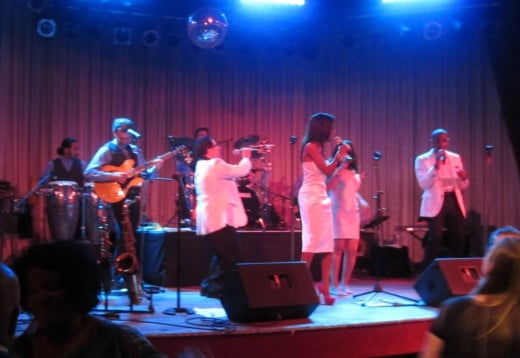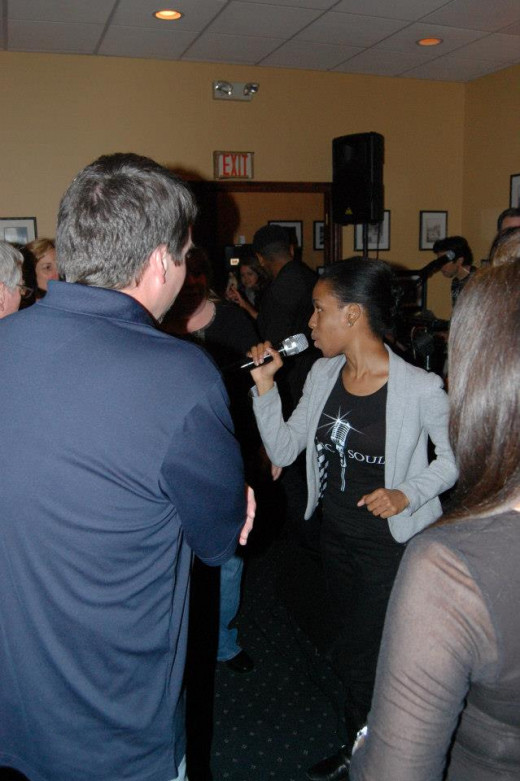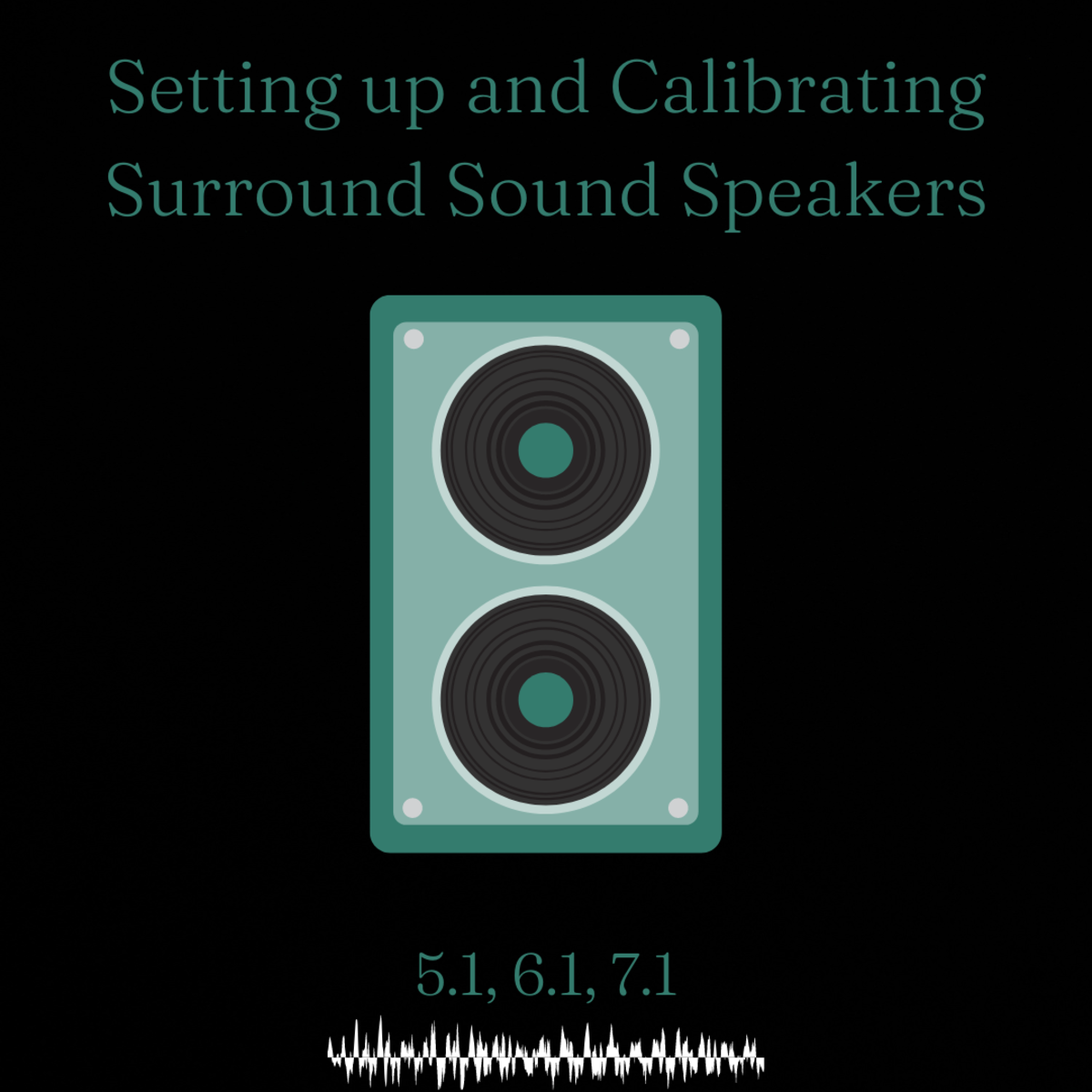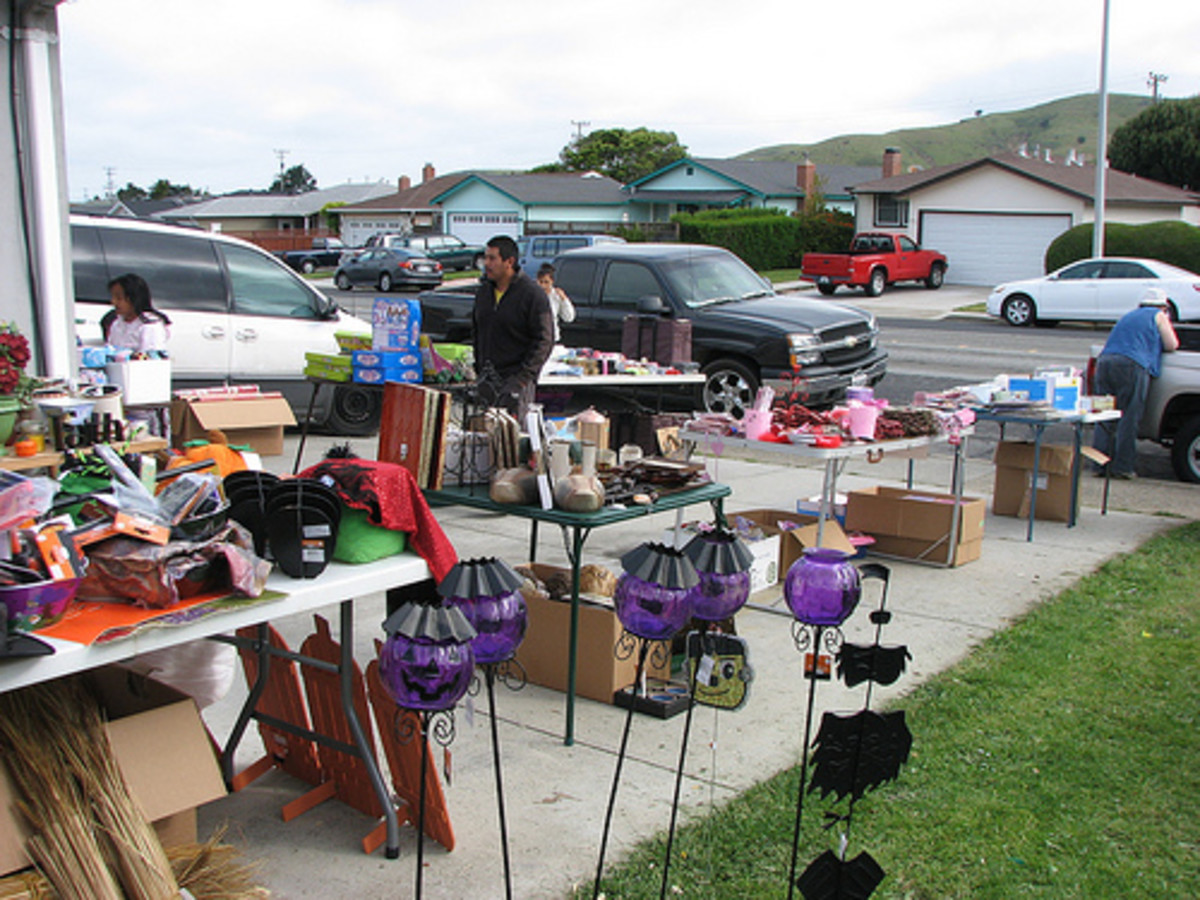How To Prepare For and Setup Your Show (Part 2)

Shows don't just happen, there is a lot that goes on behind the scenes for them to look seamless. Once you have created your music, figured out your set, listed your equipment, promoted and arrived not on time but early you still have a few mandatory steps to take before your first note. Your show setup and preparation should be resumed with your...
5. Sound Check
Do not underestimate the power of a sound check, it can make the difference between you losing your voice midway through the night or not. For musicians, it could make the difference in whether or not you hear your cues or whether you hear them clearly. It could save you from a ton of strain. The last thing you want to do is not being aware of what you or the rest of your band is doing. It is extremely easy to blast you audience out and make them leave feeling deaf.
Take turns testing out each instrument and vocalist. Everyone should be around and in place for this so that the person testing themselves can make sure they hear what they are doing, but also so the rest of the band can know if they will hear them or not. The sound will change slightly once all musicians start playing together so when you are done testing each individual, try playing part of a song together.
The sound will change again once more people come into the room simply because bodies will absorb sound. The more people moving around, the more the sound will likely change from your sound check so it is great if you can have a sound engineer with you. If not, your initial sound check should do the job for a little while but make sure you are aware of what's going on in the crowd during your performance so you can adjust as needed.
6. Find The Person Who Is Paying You
Ending your show and having to figure out who is supposed to be the person paying you cannot be a good feeling. When you arrive at the venue, take a second out before you start performing to find out who you are supposed to be dealing with. I suggest you at least start this when you arrive. Politely introduce yourself to the staff and find out who is who. Ask them for whoever your contact is or a manager if that person is not there. Go over any details you need to then, including confirming your compensation again. It is better to square that away before the show starts then to have someone put less in your hand than expected and agreed upon when you booked the gig.

If that person is not available at the moment, start to unload and setup your equipment. Keep an ear and eye open for this person while you are setting up. Chances are they were just on the phone or handling some other business and just could not get to you when you walked in.
7. Set Up Your Merchandise Table
After you setup your equipment, have checked your sound and spoken to your contact at the venue, take this time before doors open to setup your merchandise table. Your equipment checklist should include the merchandise items you want to bring for each gig.
Make sure your setup is presentable and organized. This way it will better attract people to buy and you and whoever will be watching the table while you perform can easily find and keep track of what is being purchased. You do not want to lose merchandise or money because your table is disorganized.
8. Start On Time
It does not always work out that you will start your gig on time but you need to make sure to do everything in your power to not be the cause of you not starting on time. Once you have taken all of the precautions mentioned above and in part 1, you should have no problems starting your show on time. The only way this will not work is if you have major miscalculations in estimating the time it will take each step you need to get ready or if some sort of uncontrollable emergency occurs.
Plus, starting on time will be much more favored than being fashionably late. It makes you look bad in the eye of promoters or whoever booked you in a venue if you are late and then are scrambling to get things done. It will look bad to your audience if they see you doing a mad dash to get everything done you end up looking sloppy through your performance.
There will also be times that you will have a set after another group and either they or a group or musician before them went over the time they were suppose to end for various reasons. How this can be handled depends on the venue. Ask them if they want you to play the full amount of time you were set to play or if they want you to end at a certain time. In either case, prepare to be flexible but you should be there before you go on to find out. If you are late and this sort of delay happens, you are putting yourself in a less than ideal situation.








